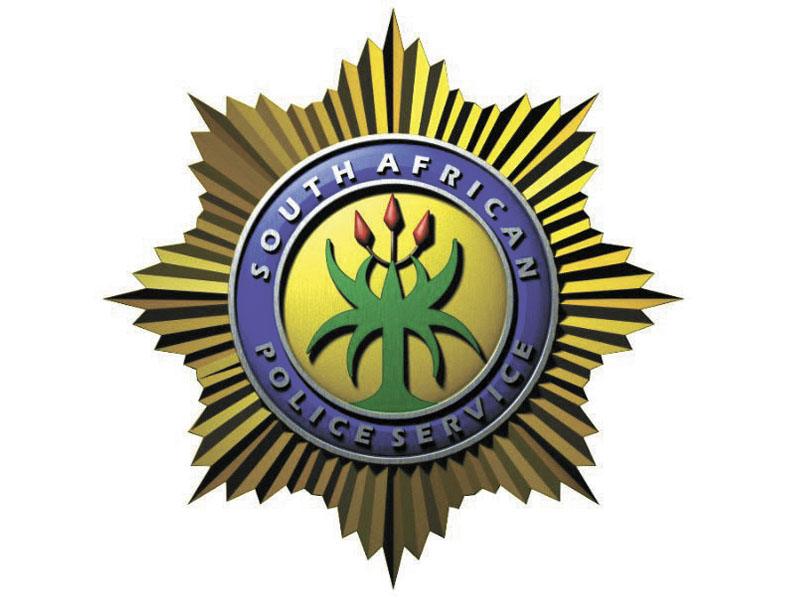By SINAZO ALUGILE NOVUKELA
With taverns closed for the past six weeks, Makhanda seems to have been a safer place when it comes to gender-based violence. But local activists fear they’re not getting the full picture.
Soon after the national lockdown to slow the spread of Covid-19 was declared, three weeks into the nation-wide lockdown, Minister of Police Bheki Cele declared in the News that the streets were safer, with crime drastically reduced. Behind closed doors, however, violence increased, reported City Press and News24, with gender-based violence (GBV) helplines and support centres flooded.
Local crime statistics are difficult to obtain, as SAPS policy does not allow local spokespersons to disclose these to journalists. The best indication available comes from reports to the local Covid-19 Joint Operations Committee (JOC), including by the police.
SAPS reported earlier this month at the JOC that there had been burglaries at some of the government departments in town, at a local restaurant and that Vodacom and Telkom towers in Joza had been vandalised. The police had made close to 500 arrests for contravention of lockdown regulations and were stopping residents who weren’t wearing masks in public.
How did Makhanda buck the trend of increased GBV under lockdown – or did it?
The White Door Victim Support Centre and Safe House in Makhanda says they have received only four cases since the beginning of the lockdown on 26 March. In May, they haven’t received any new cases.
“We usually get a new case every day – sometimes two a day,” says the centre’s manager, who asked not to be named.
This drastic drop in reported GBV cases is a due to two factors, “The ban of alcohol and closure of taverns has caused a drastic drop in GBV cases. These are usually the main contributor to GBV cases,” said the manager.
The second, worrying reason is that under lockdown levels 5 and 4, volunteers of the Safe House haven’t been able to conduct the door-to-door visits in the communities of Makhanda that would normally enable them to discover GBV cases.
Just over two hours’ drive east of Makhanda, in East London, by contrast, the Masimanyane Women’s Support Centre reported a definite rise in GBV cases during the lockdown.
‘These are caused by the frustrations of confined spaces, and the restrictions of movement,’ said Dr Lesley Ann Foster, the executive director at Masimanyane. The hardship and hunger accompanying the lockdown compounded this.
“Women are staying with their abusers 24-7,” said Foster. Counsellors are working remotely to offer support for GBV survivors.
Foster said that as the lockdown continued, survivors would succumb to Stockholm Syndrome.
This occurs when abuse survivors bond with their abusers and eventually a psychological connection develops.
“Being on lockdown with the abuser, women are more likely to die at the hands of their abusers and form part of the statistics of femicides,” Foster said. “Accompanying the calls seeking support for GBV are an increased number of mental health issues such as anxiety and depression.”
The United Nations Populations Fund (UNFPA), the United Nations sexual and reproductive health agency, reports that gender-based violence is the most prevalent violation in the world. It has escalated over the years and it has targeted mostly women and children.
The Covid-19 pandemic adds another struggle to the mix.
Makhanda’s Safe House has continued to support its survivors during lockdown, regularly checking up on them as well as bringing them food parcels.
WHERE TO GO FOR HELP IN MAKHANDA
The national GBV Emergency Line is 086 00 10 111.
Locally, you can access the Makana Rape Survivors Support Group and Safehouse through the South African Police Service (SAPS) Community Service Centre. If you tell someone at the desk that you’ve experienced gender-based violence, they will contact a member of the Support Group to help and support you.
The Support Group provides on-going care and support for survivors of gender-based violence, starting with counselling and personal care directly after an incident. A member of the Support Group will only ask the survivor if they are ready to give a statement to the police, or open a case, once they are ready. They will also accompany the survivor to the hospital for a medical examination.
Should the survivor and their family be unable to return home, a Safe House is available. The location of the Safe House is kept secret for the safety of the people who stay there.
The Support Group told Grocott’s Mail that they see a high number of survivors, particularly women and young children. In Makhanda survivors should report the case to the police to more readily easily access crucial medical services, such as Post-Exposure Prophylaxis (PEPs), and STD/STI screening.
For security reasons, no phone number nor address is available for these services. Residents are pleased asked to visit the Grahamstown or Joza SAPS Community Service Centre.
- Information adapted from an article in Grocott’s Mail by Kathryn Cleary.


